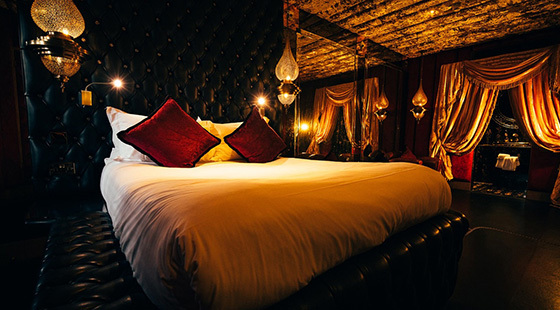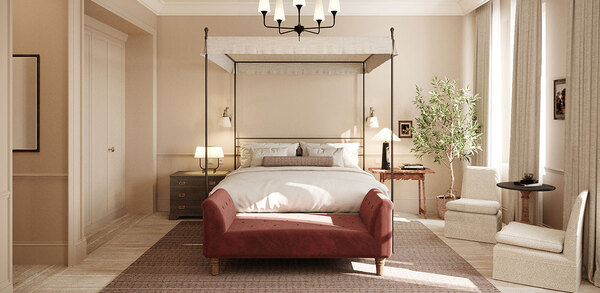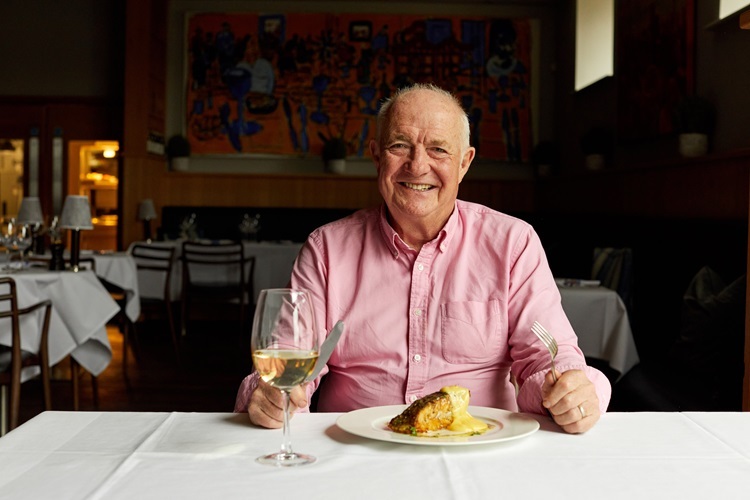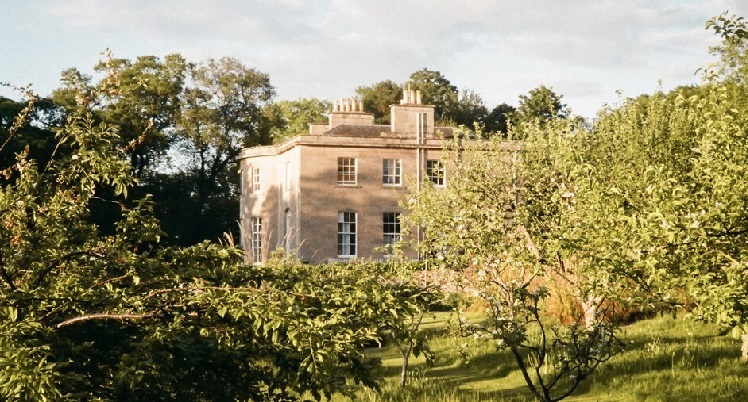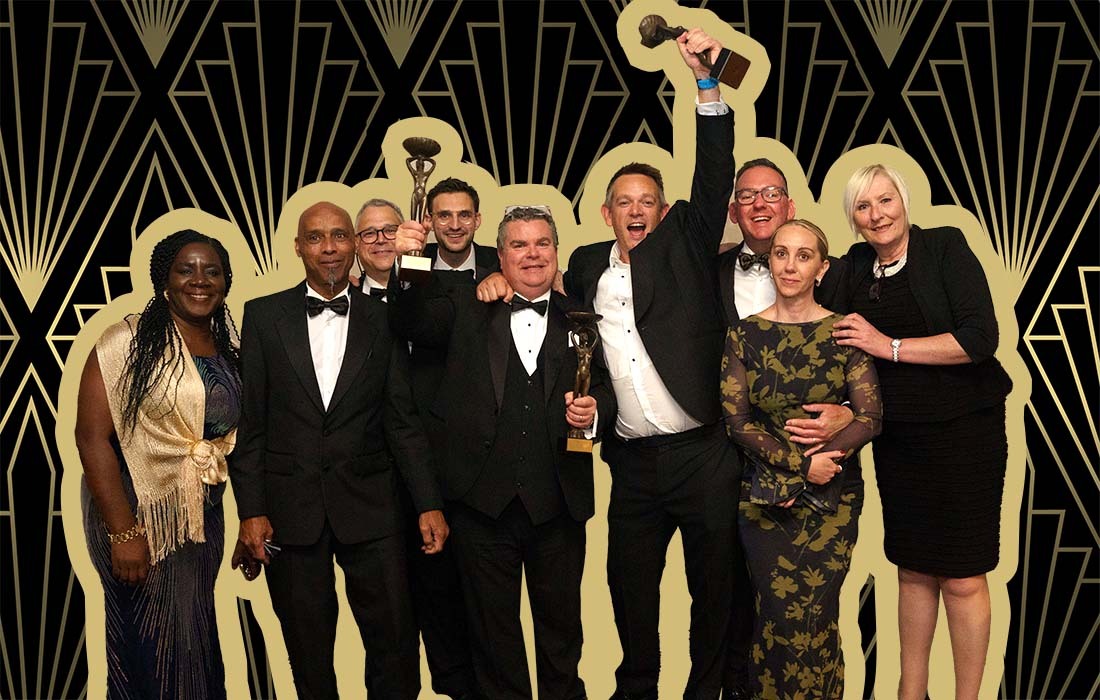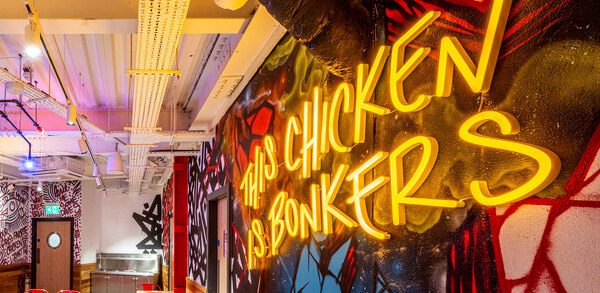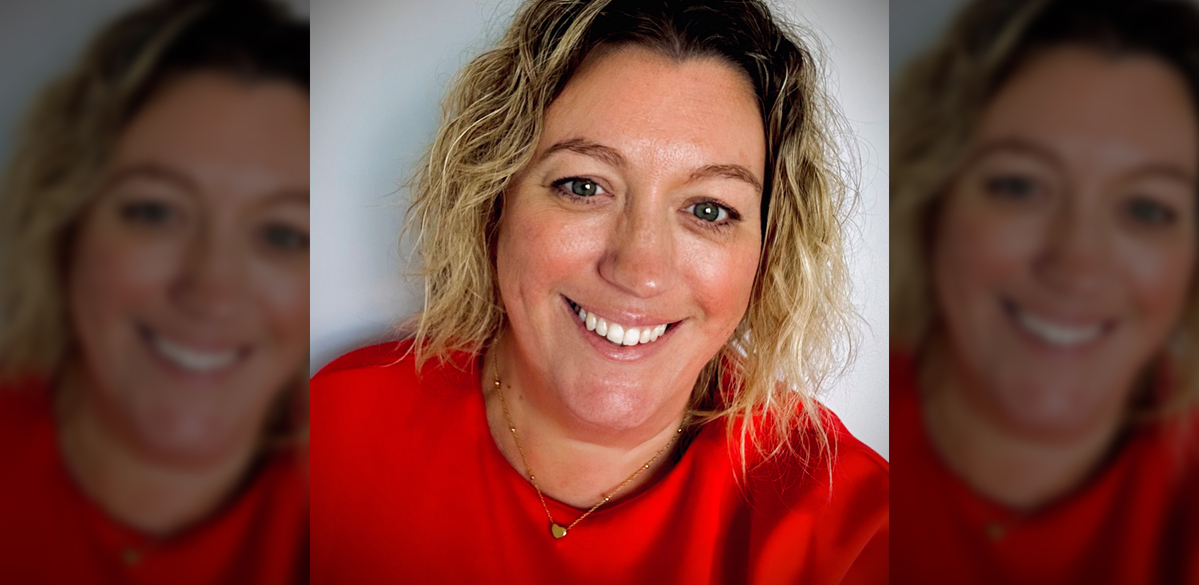Responsible hospitality – watch your water use
Recycling, waste management and food miles have all been at the top of the responsible hospitality agenda for some time, but what about water consumption? Emily Manson investigates
Water consumption - and the reduction of it - is one of the last major resources to be tackled on the hospitality industry's environmental agenda. It's an issue that must be addressed, says Sustainable Restaurant Association managing director Mark Linehan, who believes that a concerted effort now needs to be made.
"Adopting a systematic approach to water saving can mean restaurants pay 30% less on their water bills, and with hotels and restaurants using enough water to fill 104,000 Olympic swimming pools annually, there is good reason to use less, beyond just lower bills."
The Basics
There has, of course, already been some progress in this area, with many hotel companies, for example, recognising the need to try to reduce the amount of water used in laundry services. InterContinental Hotels Group's towel reuse scheme "put your towel on the rack", promoting towel reuse, has saved the company more than 199 million litres (52.6 million gallons) of water a year in its US properties alone.
Similarly, the concept of dual-flush toilets, allowing for reduced water use per flush, has been adopted by some operators, as have aerated showers, water-flow sensors on taps and bathroom cistern volume adjusters, which are all simple devices that can make a significant difference. Linehan adds: "Reducing water use is largely down to common sense."
In kitchens, he suggests simple measures like prepping food in a bowl rather than under a running tap, or ensuring dishwashers are full as a solid starting point. "These actions are easy to implement and can be part of a basic behaviour-change programme for restaurants championed by an individual or core team," he explains.
Larger-scale solutions, such as more efficient dishwashers, can also make a significant difference, while sub-metering can help operators understand where and when most water is being used.
It's easy to be dismissive of simple initiatives to save or reduce water usage in an operation, but, as with most things in life, simple can be the most effective. It's estimated that the fitting of basic water-saving devices in washrooms or toilets can reduce water use by up to 40%.
Water Filtration Systems
As environmental technology evolves, so new issues arise for consideration. The recent meteoric expansion of water filtration systems to provide operators with on-site filtered water has been largely welcomed with open arms by operators as a win-win. Its reuse of glass bottles means it's a far more sustainable option than plastic or glass disposable bottles. But whether it is really more environmentally sound in terms of its water consumption is now being questioned.
To this end, the SRA is currently investigating the filtration system industry, as it has become apparent that there are issues surrounding the amount of water needed to complete some filtration processes. Linehan warns: "While water filter systems offer restaurants an excellent means of providing their customers with a premium product, restaurants considering going down this route should look closely at the options and the environmental factors involved."
The two main types currently on the market are a conventional filter or a reverse osmosis system. The latter typically produces at least two litres of waste water for very litre of filtered water, while the conventional system does not produce waste water, Linehan explains.
Anthony Matthews, sales and marketing manager of ethical filtration company Eau de Vie, agrees the reverse osmosis system has issues. "You lose a lot of water so it does become a false economy," he says. "The conventional filter system isn't a matter of plug and play, the filters do need to be tailored to the type of water in the area, but there's no wastage of water with this system."
Water metering
Water meters are another area that some large corporates have cottoned on to, but many independent operators are yet to reap the benefits. Tracking how water is used in your operation and the levels of waste water which are produced can identify areas for significant reductions in water usage - as well as the knock-on cost savings.
However, while water meters are free to install, a spokesman for WaterUK adds a note of caution. "Operators need to beware that they could end up paying more rather than just flat rate if they don't make efforts simultaneously to reduce water consumption."
But, of course, as Ryan Millar, of WaterWise, explains: "Saving water is really important and the key to doing that is to have the technology in place to help, and combine that with customer and staff behaviour. You can have notices on saving water or low-flow shower heads, but if people take 45-minute showers or leave taps running, then the water saved is potentially nothing."
Easy ways to reduce your water consumption
General advice
â- Fix existing leaks
â- Use data logging meters
â- Collect rainwater
â- Increase staff awareness
â- Use grey water where possible
In the kitchen â- Purchase or replace old dishwashers with eco-friendly, energy-efficient models using less water per cycle
â- Only use dishwashers when fully loaded
â- Install a sub-meter on the kitchen inlet to track overall water use
â- Install taps that automatically shut off - for example, foot-operated taps
â- Fit spray heads to taps to reduce flow
â- Reduce the use of oils and fats
In bathrooms and toilets â- Dual-flush toilets or Hippos
â- Aerated shower and tap heads
â- Reduce housekeeping flushes
â- Review your laundry policy
â- Waterless urinals
â- Sensors on taps and urinals
â- Install shower pebbles, which signal the length of shower to the user
â- Sub-metering on individual washrooms to analyse use
Consumption kept to a minimum at Loch Ossian
Loch Ossian Youth Hostel in Fort William, Scotland, scooped the award for "exemplar project" at the UK Water Efficiency Awards 2012. The eco-hostel has a host of water-saving features, using wind and solar power, grey water and dry toilet systems, to keep consumption to a minimum.
The youth hostel utilises and maintains a private water supply, powered by its own wind turbine. "If the windmill isn't going round then we don't have any power," says manager Jan Robinson. "I have a back-up generator but I don't like to use it, so when it's windy I make sure I fill the tanks."
She has found guests appreciate the hostel's efforts. "We're a small hostel so have lots of personal contact - it's not a question of being the eco police, but people do tend to be careful about their water use and don't leave taps running.
"I think they're pleasantly surprised by the dry toilets," she adds. "I clean them twice a day to keep it as sweet as possible, but obviously not flushing toilets does save significant amounts of water."
Sensing the savings at the Lancaster London
Just last year, the Lancaster London's CSR group identified the biggest areas of water wastage as showers, baths, taps and toilets. As a result, the hotel has now installed flow restrictors to all of the shower heads in guest rooms, as well as the basin taps in guest rooms and public toilets.
The hotel has also installed motion sensor taps in the new commercial kitchen and all of the staff and public restrooms. Urinal sensors have also been added to the public toilets.
Previously, housekeeping staff would flush all 421 guest toilets, plus 67 public and staff toilets, every day as part of their standard cleaning routine, but the new policy means that only dirty toilets are now flushed, resulting in a significant water saving.
These modifications have already made a huge impact in reducing water consumption and wastage as monitored by the CSR group. The hotel has also ditched its plastic water bottles and now serves all bottled water from reusable bottles filled with water filtered on site.
Focusing on food production
A company-wide study at Accor found that one of the group's hotels consumed about 15,000cu m of water per year. Further analysis of the group's environmental footprint showed that 86% of the water consumed came from the food served in its hotels.
As a result, the group is in the process of monitoring all areas of food production in order to create innovative restaurant solutions that reduce its water consumption.
Currently, 93% of hotels in the group monitor and analyse water consumption on a monthly basis, while 88% have installed flow regulators on showers and taps and 161 hotels are equipped with rainwater recovery systems. The group plans to reduce its water usage by 15% by 2015.
In a quirky move, Accor's Ibis hotel brands has also created mattresses, duvets and pillows that are made from 100% recycled water bottles. Roughly 35 half-litre bottles are needed for a quilt and 16 for a pillow.
The Enhanced Capital Allowance scheme
The Department for Environment, Food and Rural Affairs' Enhanced Capital Allowance (ECA) scheme offers a 100% first-year allowance for investments in certain water-efficient plant and machinery.
It lets businesses write off 100% of the cost of qualifying plant and machinery - such as water-efficient taps, toilets, monitoring equipment and industrial cleaning equipment - against taxable profits in the year of purchase. This can bring significant financial savings and reduce your business's impact on the environment.
Â
Responsible hospitality resource
For more information on how to run your business responsibly, visit our online resource www.catererandhotelkeeper.com/responsible-hospitality. The Responsible Hospitality channel, supported by Accor, Gram UKÂ and Kraft Foods, features tools and guidance that will help you reduce waste and energy usage, while offering examples and information on increasing recycling, ethical food sourcing and social responsibility.
Â




